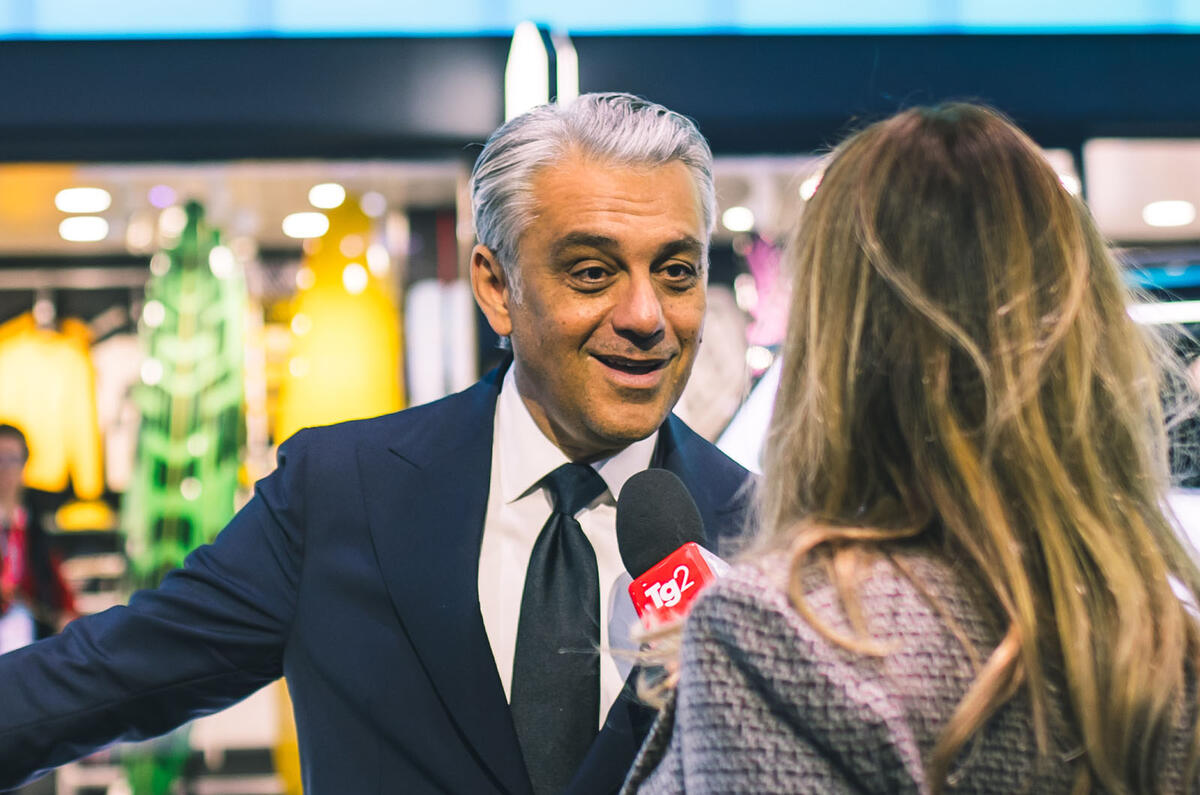Renault Group CEO Luca de Meo says now is the time for Europe's car industry to "find a deal" with China, after the European Commission approved substantial import tariffs on Chinese-built EVs.
De Meo, who has long been vocal in his belief that protectionist policies are an ill-conceived means of fostering competition, was speaking to journalists at the Paris motor show, shortly after tariffs of between 17.4% and 35.3% were imposed on all EVs built in China and shipped to the EU.




Add your comment